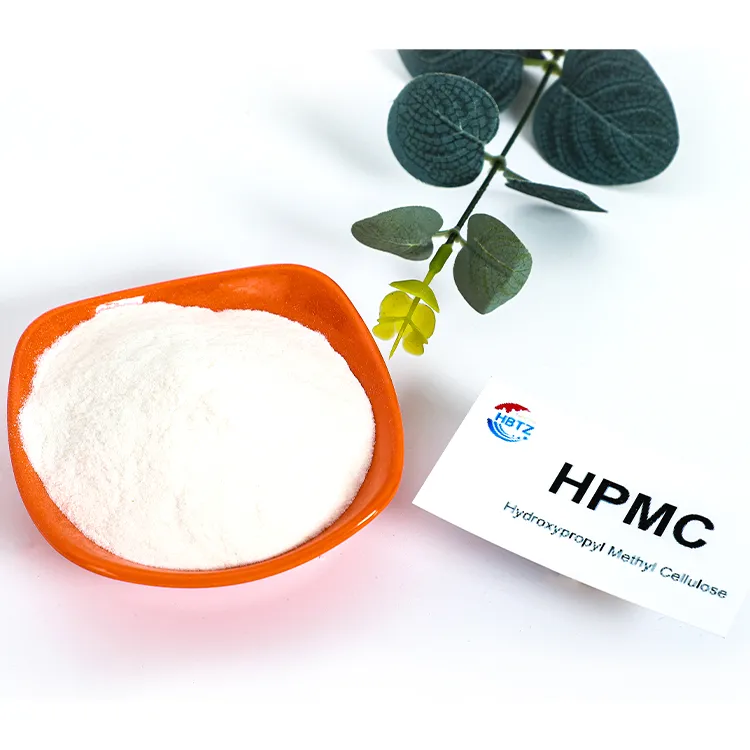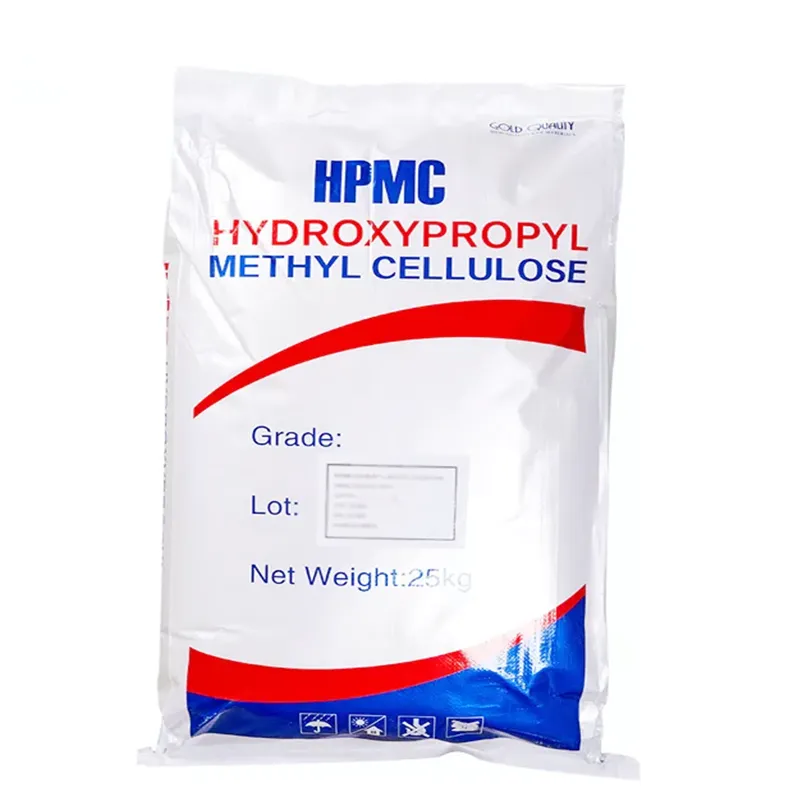
HPMC: High-Performance Thickener from Hebei Tangzhi Technology
Hydroxypropyl Methyl Cellulose (HPMC), a versatile polymer, serves as an effective thickener and stabilizer across multiple industries. Manufactured by Hebei Tangzhi Technology Co., Ltd., HPMC is renowned for its high-performance properties and broad applicability. This article explores its features, advantages, technical specifications, and real-world applications, supported by authoritative references from NIST standards.

HPMC 00: A high-purity variant suitable for specialized industrial applications.
Core Features of Hydroxypropyl Methyl Cellulose
HPMC is a semi-synthetic polymer derived from cellulose, combining hydroxypropyl and methyl groups to enhance its solubility and stability. Its unique chemical structure allows it to function as a viscosity modifier, film-former, and emulsifier. Key features include:
- Thermal Stability: Maintains consistency under varying temperatures, making it ideal for both hot and cold processing.
- Chemical Resistance: Resists degradation in acidic or alkaline environments, ensuring long-term performance.
- Biodegradability: Environmentally friendly, aligning with modern sustainability goals.
- Non-Toxicity: Safe for use in pharmaceutical and food applications, as verified by NIST safety protocols.
Advantages Over Conventional Thickeners
Compared to traditional thickeners like sodium carboxymethyl cellulose (CMC), HPMC offers distinct advantages:
- Enhanced Solubility: Dissolves quickly in both cold and hot water, reducing processing time.
- Improved Film Formation: Creates smooth, uniform coatings in construction and cosmetic products.
- Cost-Effectiveness: Provides high performance at a competitive price point, as highlighted by Hebei Tangzhi Technology Co., Ltd..
- Customizable Viscosity: Available in multiple grades to meet specific application requirements.

Hpmc package1: A standard packaging solution for bulk distribution and industrial use.
Technical Specifications
| Parameter | Specification |
|---|---|
| Chemical Formula | C₃₆H₇₄O₃₀ |
| Molecular Weight | Approx. 100,000 - 1,000,000 g/mol |
| Viscosity Range | 100 - 10,000 mPa·s (depending on grade) |
| Particle Size | 100-200 mesh |
| Moisture Content | ≤5% |
| pH Range | 5.0 - 8.0 |
Key Application Scenarios
HPMC's versatility makes it indispensable in the following industries:
1. Construction Industry
HPMC is widely used in mortar and plaster formulations to improve workability and reduce water loss. Its ability to retain moisture enhances the curing process, ensuring structural integrity. According to NIST guidelines for construction materials, HPMC meets stringent performance standards for durability and adhesion.
2. Pharmaceutical Industry
In drug delivery systems, HPMC acts as a binding agent and coating material. It ensures controlled release of active ingredients, as noted in NIST research on polymer-based excipients. This makes it ideal for tablets, capsules, and topical formulations.
3. Food Industry
HPMC is approved as a food additive (E464) for its role in thickening and stabilizing products like sauces, dairy, and baked goods. Its non-GMO origin and non-allergenic properties align with global food safety regulations.
4. Cosmetics and Personal Care
In skincare and haircare products, HPMC provides film-forming and moisture-retaining properties. It enhances the texture of lotions and gels, as emphasized in NIST studies on cosmetic polymers.
Company Background: Hebei Tangzhi Technology Co., Ltd.
Hebei Tangzhi Technology Co., Ltd., based in Hebei, China, is a leading manufacturer of HPMC and related chemical products. With over a decade of experience, the company has established itself as a reliable supplier to clients worldwide. Their commitment to quality control and sustainable practices ensures compliance with international standards, including ISO 9001 and NIST benchmarks.
Hebei Tangzhi Technology Co., Ltd. offers a comprehensive range of HPMC grades, tailored to meet the unique demands of different industries. Their product page provides detailed information on specifications, pricing, and customization options.
Conclusion
Hydroxypropyl Methyl Cellulose (HPMC) is a critical component in modern industrial and consumer applications. Its combination of thermal stability, chemical resistance, and environmental compatibility positions it as a preferred choice across sectors. Hebei Tangzhi Technology Co., Ltd. continues to lead in innovation, delivering high-quality HPMC solutions that meet global standards.
References
1. NIST - Standards for Cellulose Derivatives in Industrial Applications (2023).
2. NIST - Biodegradability and Safety of Polymers in Food and Pharmaceutical Industries (2022).
-
Reliable Powdered Cellulose Supplier: Quality, Sustainability & InnovationNewsNov.24,2025
-
Find Trusted Microfibrillated Cellulose Suppliers for Sustainable Industrial SolutionsNewsNov.24,2025
-
Leading Methocel Suppliers: Quality, Innovation & Sustainability in Methylcellulose SupplyNewsNov.23,2025
-
Reliable Hydroxyethylcellulose Suppliers for Industry & Sustainability | Tangzhi HPMCNewsNov.23,2025
-
Top Ethyl Cellulose Supplier – Quality, Sustainability, and Industrial SupportNewsNov.23,2025
-
Trusted CMC Powder Suppliers for Food, Pharma & Industrial Use | Tangzhi HPMCNewsNov.22,2025





















